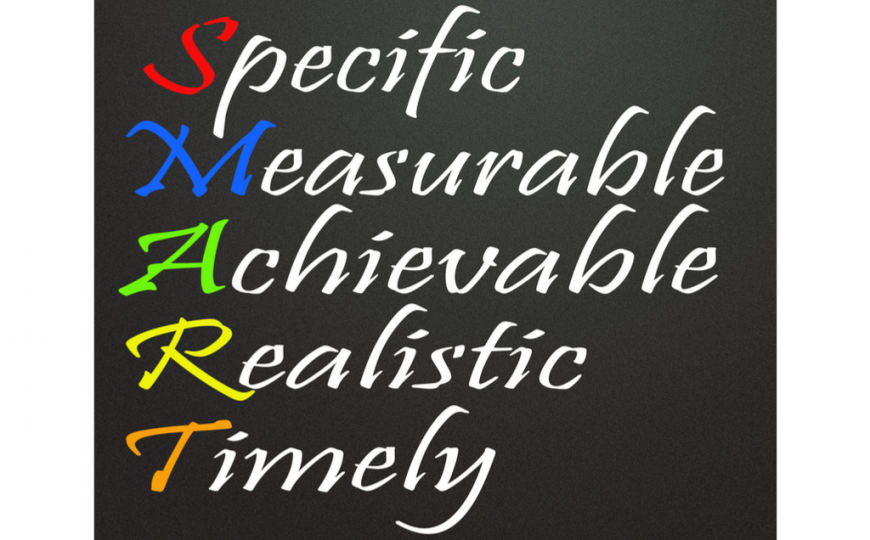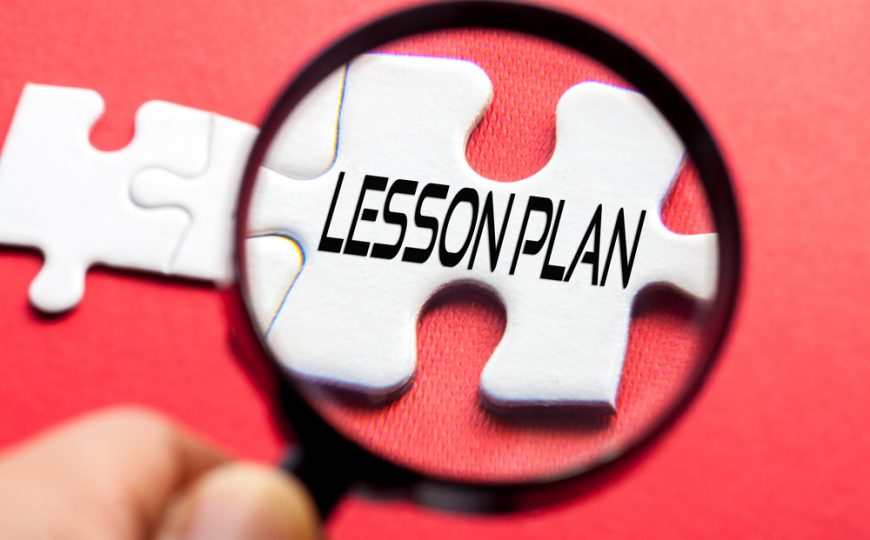We’ve already discussed how important listening is and different steps the listener can take to improve the accuracy of their understanding. There are a few other points regarding listening that are worth noting. Listening is an art. Unlike hearing, which is inborn, listening must be developed. Most people will find that they are spending the vast majority of their attention listening to their own inner dialogue rather than to the other person speaking. It does not really matter if that inner dialogue is compiling a to-do list, thinking how boring the speaker is, what you think of what the speaker …










